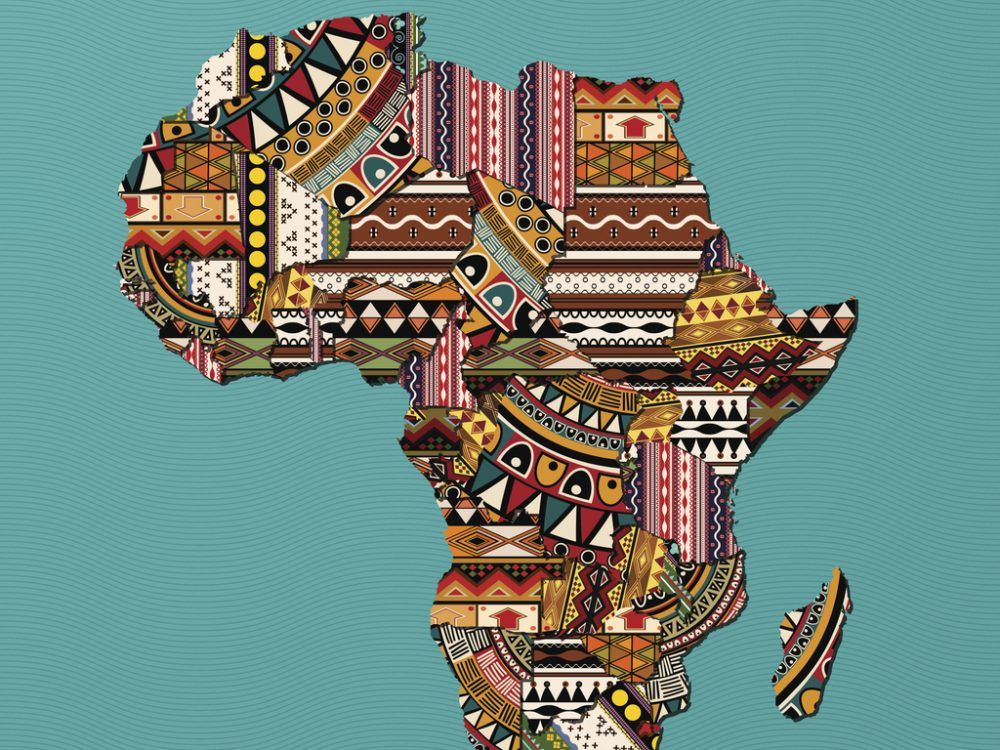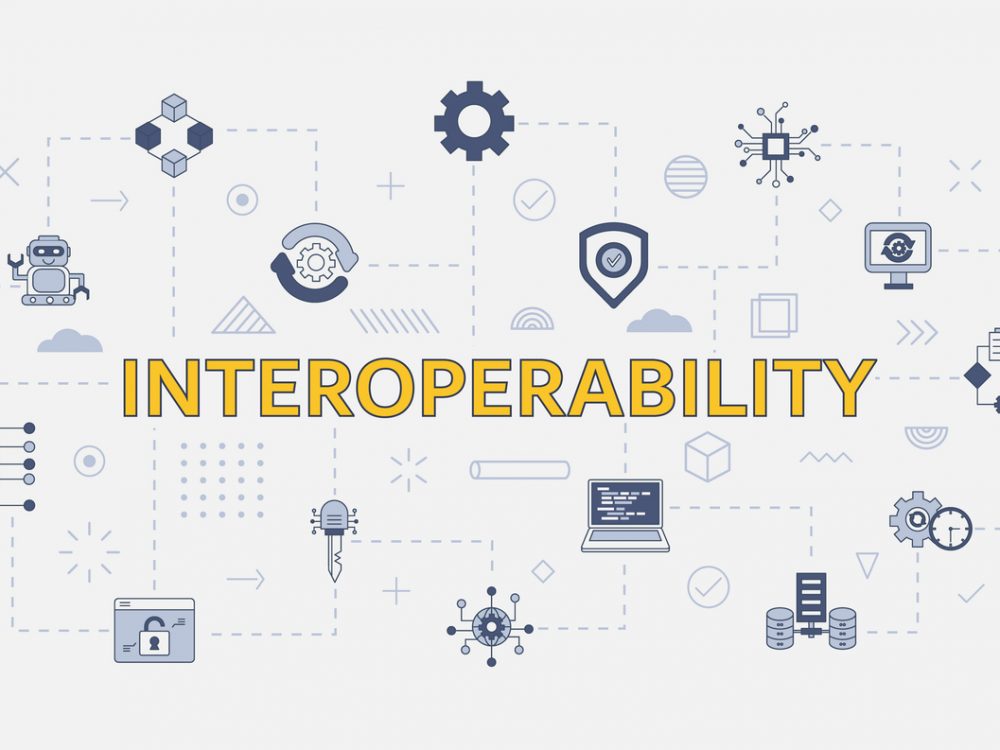Climate Action Data for the Sahel Region: Announcing Development Gateway’s Great Green Wall Accelerator Multipurpose Platform
Development Gateway: An IREX Venture (DG)—with funding from the United Nations Convention to Combat Desertification (UNCCD)—is pleased to announce a new project, the Great Green Wall Accelerator Multipurpose Platform. The project, which provides a new opportunity for the deployment of our Aid Management Platform, is funded by the Austrian Development Agency and implemented by The Great Green Wall Accelerator (GGWA) in collaboration with the Pan African Agency for Great Green Wall (PAGGW) and the 11 Great Green Wall nations within the Sahel region: Djibouti, Eritrea, Ethiopia, Sudan, Chad, Nigeria, Niger, Burkina Faso, Mali, Senegal, and Mauritania. The project started in March 2023 and will continue through December 2023.
By allowing donors, partner states, and implementing agencies to share data and information on financial commitments, project implementation, and best practices, the Great Green Wall Accelerator Multipurpose Platform will ultimately improve effectiveness and efficiency in the design and implementation of the Great Green Wall initiative.
The Great Green Wall: Restoring Land Together
In 2007, the African Union adopted the idea of building a wall of trees (known as the Great Green Wall) to stretch across the Sahel region of Africa. Since the African Union’s adoption of the initiative, its scope has grown since its conception, and today the Great Green Wall initiative is an ambitious pan-African project aimed at combating desertification, poverty, and climate change across the Sahel region. Overall, the Great Green Wall initiative seeks to restore 100 million hectares of currently degraded land, capture (or sequester) 250 million tons of carbon, and create 10 million green jobs by 2030.
What is the Sahel region?
The Sahel is a region that straddles the Sahara Desert to the north and the Equatorial rainforests to the south. The Sahel region extends across parts of 11 countries; these 11 countries have a total population of approximately 300 million people (as of 2021) and cover approximately 21% of Africa’s population.
As of 2021, millions of trees that were part of the Great Green Wall have died because of rising temperatures caused by climate change. As a result of these losses and the broadening scope of the Great Green Wall initiative, it is increasingly apparent that community-owned efforts are essential in order to obtain the goals of the Great Green Wall initiative. Fortunately, because of the multinational scope of the Great Green Wall initiative, the initiative facilitates an approach that allows each country to address land degradation; climate change adaptation and mitigation; biodiversity; and forestry within the specifics of that country’s local context. However, timely and easy access to reliable and accurate data is necessary in order for this multi-state collective action to be successful overall, while also meeting the needs of specific countries.
Climate Action Data: Connecting Stakeholders, Practitioners, and Communities
Once fully deployed, the Great Green Wall Accelerator Multipurpose Platform will provide reliable and accurate data in a timely manner to Great Green Wall stakeholders. The Platform will allow stakeholders to ensure that pledged funds are put towards replanting hectares of trees and restoring lands, both of which will positively impact the livelihoods of local communities. The Platform will positively impact the livelihoods of host communities by supporting value chains, enhancing sustainable livelihoods, creating jobs, and building human capacity for climate resilience. DG will develop the Great Green Wall Accelerator Multipurpose Platform between April and December 2023. A beta version of the system will be ready for testing in November 2023.
While the Great Green Wall Accelerator Multipurpose Platform will be a new tool in the context of the Great Green Wall initiative, the Platform will be a version of DG’s long-standing Aid Management Platform.
What is DG’s Aid Management Platform?
DG’s Aid Management Platform, which was recently designated as a digital public good, is a digital tool that allows users to gather, access, and monitor information on development activities. The purpose of the tool is to increase aid effectiveness by helping stakeholders track activities through the planning, implementation, and evaluation stages. The Aid Management Platform is a tried and tested tool that DG has tailored to and deployed in more than 30 countries and multilateral agencies.
The Great Green Wall Accelerator Multipurpose Platform project will build on DG’s more than 15 years of experience as the leading global provider of aid information management systems through the Aid Management Platform. Through developing the Great Green Wall Accelerator Multipurpose Platform, DG will scale the use of the Aid Management Platform into climate action programming.
Building the Platform: The Year Ahead
Throughout the year of the Great Green Wall Accelerator Multipurpose Platform project, DG will:
- Develop a data repository for project organizations to conduct: financial reporting; monitoring; data aggregation, analysis, and visualization; and automatic data extraction. This data repository, called the Well of Insights, will be customized to the Harmonized Results Management Framework Indicators, which is a framework used by the Great Green Wall member states. By providing a digital space for stakeholders to coordinate these various activities, the Well of Insights will ensure transparency and foster stakeholder confidence in the outcomes.
- Create a project management and financial tracking module to allow project and funding organizations to plan and monitor activities and track budgets/disbursements from funding partners. This module will allow project stakeholders a method of project management, in which they can build task lists, plan workloads, create budgets, establish timelines and deadlines, etc.
- Finally, to ensure the broad use and sustainability of the Great Green Wall Accelerator Multipurpose Platform, the project will include capacity-building components for frontline stakeholders on data quality and data use.
Additional functionalities for the Platform that may be explored in the future include:
- Development of a community hub to connect climate action stakeholders and facilitate learning and collaboration; and
- Development of advanced geospatial features to enable the automatic detection of changes in the forest coverage in the community by analyzing changes in satellite imagery.
By sharing key data and information on financial commitments, project implementation, and best practices around this work, the Great Green Wall Accelerator Multipurpose Platform will improve effectiveness and efficiency in the design and implementation of the Great Green Wall initiative.
Overall, the Great Green Wall Accelerator Multipurpose Platform will improve effectiveness and efficiency in the design and implementation of the Great Green Wall initiative by allowing donors, partners, and implementers to share data and information more easily and in a timely manner. Stay tuned for more on the Great Green Wall Accelerator Multipurpose Platform project!
BBC News. “Why is Africa building a Great Green Wall? BBC News.” September 26, 2017. https://www.youtube.com/watch?v=4xls7K_xFBQ&t=29s.
WION. “Millions of trees that were part of the great green wall die.” November 14, 2021. https://www.youtube.com/watch?v=4PaR6Iu__iQ&t=9s.
United Nations Convention to Combat Desertification. “The Great Green Wall Implementation Status and Way Ahead to 2030: Advanced Version.” April 9, 2020. https://catalogue.unccd.int/1551_GGW_Report_ENG_Final_040920.pdf.
Share
Recent Posts

Beyond the Algorithm: The Case for Human Judgment in AI
As AI spreads across sectors, this blog explores why human-in-the-loop approaches remain essential, examining how human judgment supports ethical and sustainable AI, the limits of this approach, and what comes next.

Data on Youth and Tobacco in Africa Program Enters Phase II
The Data on Youth and Tobacco in Africa (DaYTA) program is launching its second phase, expanding to five additional countries. This blog highlights DaYTA’s objectives, innovative approach, and the key activities driving impact in adolescent tobacco control measures.

Interoperability as a Cornerstone of Resilient Digital Systems
As digital systems continue to multiply, siloed platforms limit long-term impact. This blog reflects on why interoperability is essential to building resilient, sustainable digital systems that remain useful beyond individual programs.